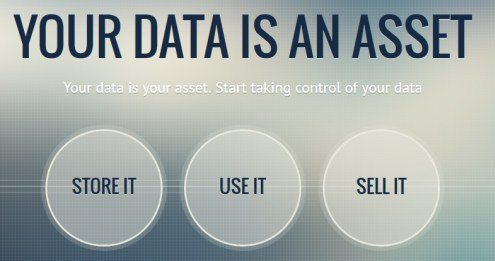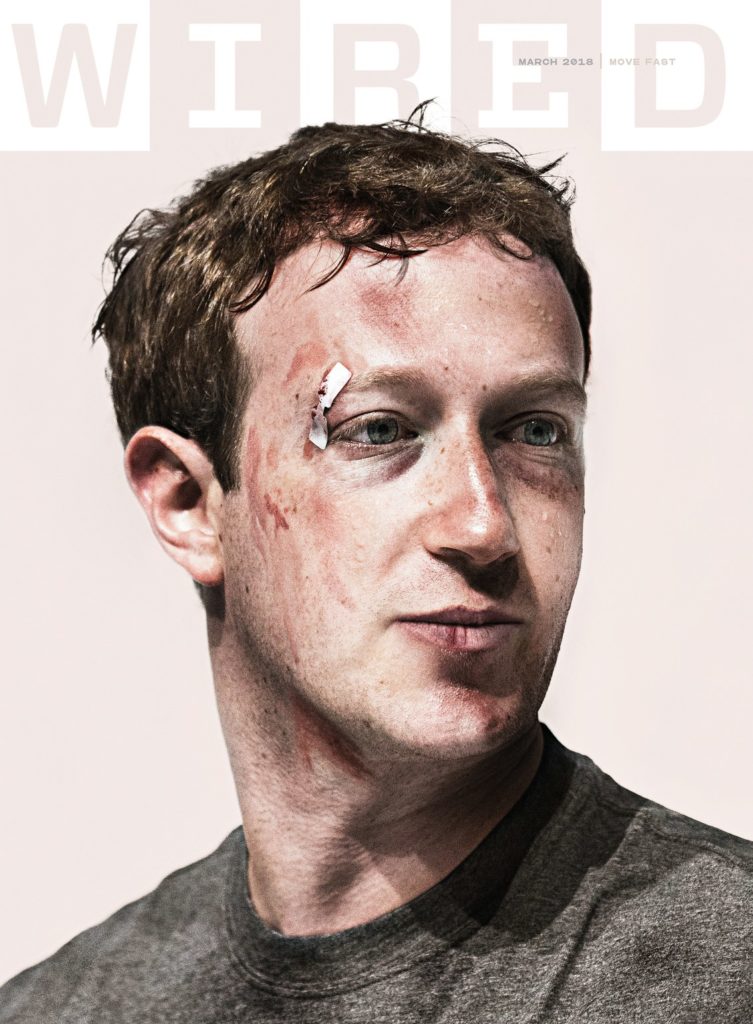
I just listened to a presentation by Nick Thompson, editor-in-chief at Wired, about all things in the future of tech. A lot of it was focused upon Artificial Intelligence and Machine Learning towards the end, but the first half was interesting as it focused upon why there is a backlash against Silicon Valley right now.
He put this down to four factors.
First, we have become addicted to technology. We live our lives staring at our devices rather than talking to each other or watching where we are going.
It’s not good for us and, according to Pew Research, is responsible for more and more suicides, particularly amongst the young. Pew analysis found that the generation of teens they call the “iGen” - those born after 1995 - is much more likely to experience mental health issues than their millennial predecessors.
Second is privacy. Facebook and other internet giants are abusing our privacy rights in order to generate ad revenues, as demonstrated by Cambridge Analytica, but they’re not the only one.
Google, Alibaba, Tencent, Amazon and more are all making bucks from analysing our digital footprints and we let them because we’re enjoying it, as I blogged about recently.
Third is that the power of these firms is too much. When six firms – Google (Alphabet), Amazon, Facebook, Tencent, Alibaba and Baidu – have almost all the information on all the citizens of the world held digitally, it creates a backlash and a fear. I’ve thought about this much and believe that it will drive a new decentralised internet, which is something that Tim Berners-Lee and other internet founders are working actively to create right now.
Finally, there is the influence that these internet giants have over news and beliefs. How do you know the truth anymore?
In fact, technology is now so good that almost any dead person can come back to life. This was illustrated for me by the advert for Galaxy Chocolate with Audrey Hepburn.
I was amazed at how good the lookalike for her was only to find out recently that it is her. For real. Superimposed over a lookalike model is Audrey Hepburn’s face. For real.
The ability to trick us into believing things today that are NOT true is incredible, so watch out.
Is it any wonder that technology firms are under the microscope when they are the least regulated industry in the world? According to Bank of America, technology is the least regulated industry sector with just 27,000 regulations, versus 215,000 for manufacturing and 128,000 for the financial sector. As technology matures, so will its oversight.
And that’s why the most feared person in Silicon Valley is Margrethe Vestager, Europe’s Antitrust Enforcer and a celebrity regulator who inspired the lead character in a Danish TV series .
Someone needs to watch our backs in these days of data as an asset, and she is the person doing it. “We’re really making an effort to understand the different laws of data — how it works as an asset, how it influences the marketplace,” she said in a recent interview. Too right.
Data is the new money and if regulators haven’t recognised this, then they’re sleeping on the job. And the USA is doing a poor job on this, as demonstrated by those Bank of America regulatory stats. This will change as America has also woken up to the addiction, abuse of privacy, power and influence these tech firms have. In particular, as these firms are moving into adjacent areas of finance like payments and credit, they will be increasingly regulated like banks. In the meantime, watch your data, as no one else will.
Chris M Skinner
Chris Skinner is best known as an independent commentator on the financial markets through his blog, TheFinanser.com, as author of the bestselling book Digital Bank, and Chair of the European networking forum the Financial Services Club. He has been voted one of the most influential people in banking by The Financial Brand (as well as one of the best blogs), a FinTech Titan (Next Bank), one of the Fintech Leaders you need to follow (City AM, Deluxe and Jax Finance), as well as one of the Top 40 most influential people in financial technology by the Wall Street Journal's Financial News. To learn more click here...



